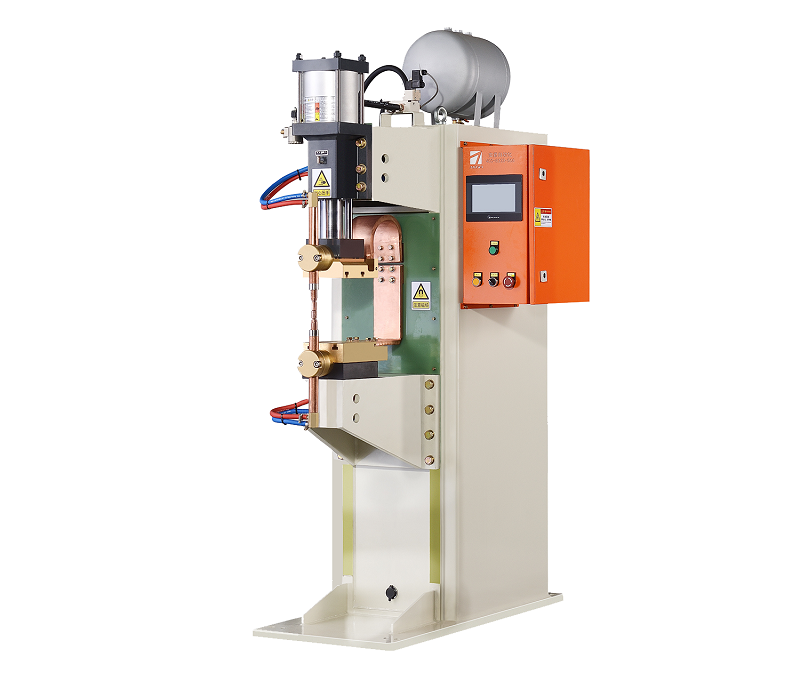Requirements for Weld Nugget Spacing in Medium-Frequency Inverter Spot Welding Machines?
In medium-frequency inverter spot welding machines, the spacing between weld nuggets plays a significant role in determining the quality and strength of the weld joint. Proper control of the weld nugget spacing is essential to ensure consistent and reliable welds. In this article, we will explore the importance of weld nugget spacing and the requirements for achieving optimal results in medium-frequency inverter spot welding applications.

- Weld Nugget Spacing and Its Significance: Weld nugget spacing refers to the distance between adjacent weld nuggets in a spot weld. It directly affects the load-bearing capacity, structural integrity, and overall performance of the weld joint. An inadequate weld nugget spacing can lead to weak or unreliable welds, while excessive spacing can compromise joint strength and durability. Therefore, maintaining an appropriate weld nugget spacing is crucial for achieving desired weld quality.
- Factors Influencing Weld Nugget Spacing: Several factors influence the weld nugget spacing in medium-frequency inverter spot welding machines:
- Material Thickness: Thinner materials generally require closer weld nugget spacing, while thicker materials may allow for slightly wider spacing.
- Welding Current: The welding current influences the size and heat distribution of the weld nugget. Proper adjustment of the welding current helps control the weld nugget spacing.
- Electrode Configuration: The shape and design of the electrodes can impact the formation and size of the weld nugget, thereby affecting the spacing between welds.
- Requirements for Weld Nugget Spacing: While the specific requirements for weld nugget spacing may vary depending on the application and industry standards, there are general guidelines to consider:
- Adequate Spacing: Weld nuggets should be sufficiently spaced to ensure individual nuggets can support the applied load and distribute stress evenly.
- Uniform Spacing: Consistency in weld nugget spacing along the joint is crucial for maintaining balanced strength and structural integrity.
- Minimized Variations: Weld nugget spacing should be controlled within acceptable tolerances to avoid variations that may lead to weak spots or inconsistencies in the weld joint.
- Weld Nugget Overlap: In certain applications, a slight overlap of weld nuggets may be desirable to ensure continuous bonding and enhanced joint strength.
In medium-frequency inverter spot welding machines, weld nugget spacing directly impacts the quality and performance of the weld joint. Maintaining proper spacing ensures adequate load-bearing capacity, structural integrity, and overall weld strength. Factors such as material thickness, welding current, and electrode configuration influence the weld nugget spacing. By adhering to requirements for adequate, uniform, and controlled spacing, operators can achieve high-quality welds with optimal strength and reliability in medium-frequency inverter spot welding applications.